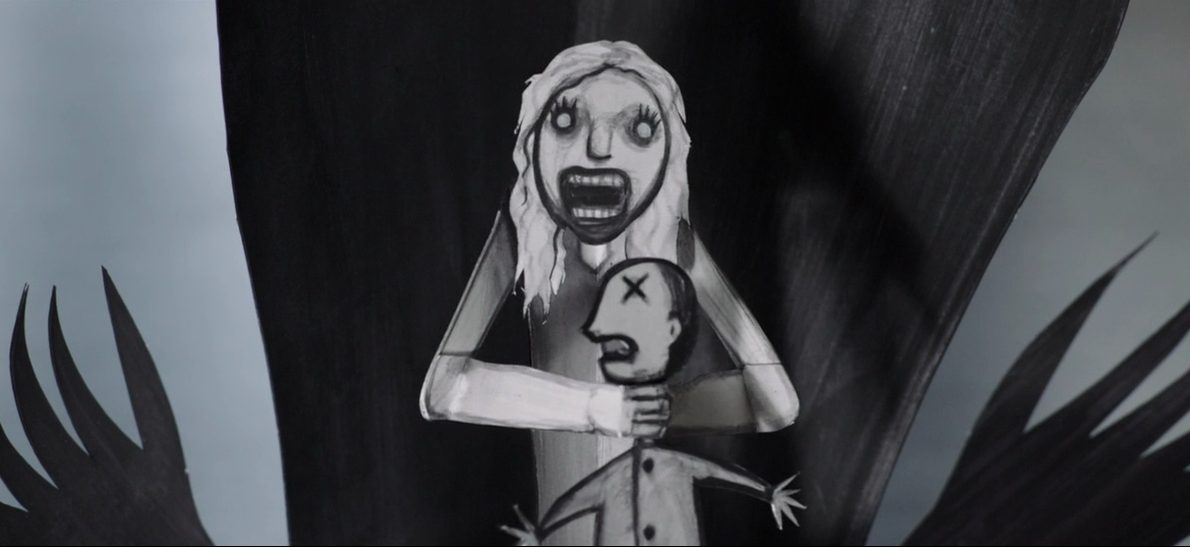
Film
Words by Tim Piccione
Anecdotes by Jennifer Kent
Images courtesy of IMDb
Something subtle but significant is happening in the world of horror movie making. The historically male-dominated genre is producing more female-directed/written stories than ever. A welcome shift in direction for a genre long known for its sexist tropes, and for torturing and hypersexualising its women.
Of course, we know how much commercial success and cultural relevance horror owes to its leading ladies. From heroines like Laurie Strode in Halloween (1978) and Ellen Ripley in the Alien franchise to nuanced subjects of terror like Annie Wilkes in Misery (1990) or Carrie White in Carrie (1976)–and every ‘final girl’ in between.
But behind the camera, it seems a lack of opportunity, not a lack of talent, has long limited the horror movie genre to an all-too-familiar boy’s club. With talented filmmakers finally getting their chance, we’re seeing just how sorely missed women’s voices have been.
The lack of opportunity for and recognition of female directors across all genres is unfortunately well documented. Chloe Zhao’s Best Director win at this year’s Academy Awards was only the second ever for a woman (Kathryn Bigelow won for 2008’s The Hurt Locker), with only seven female directors nominated for the award in the Oscar’s 93-year history.
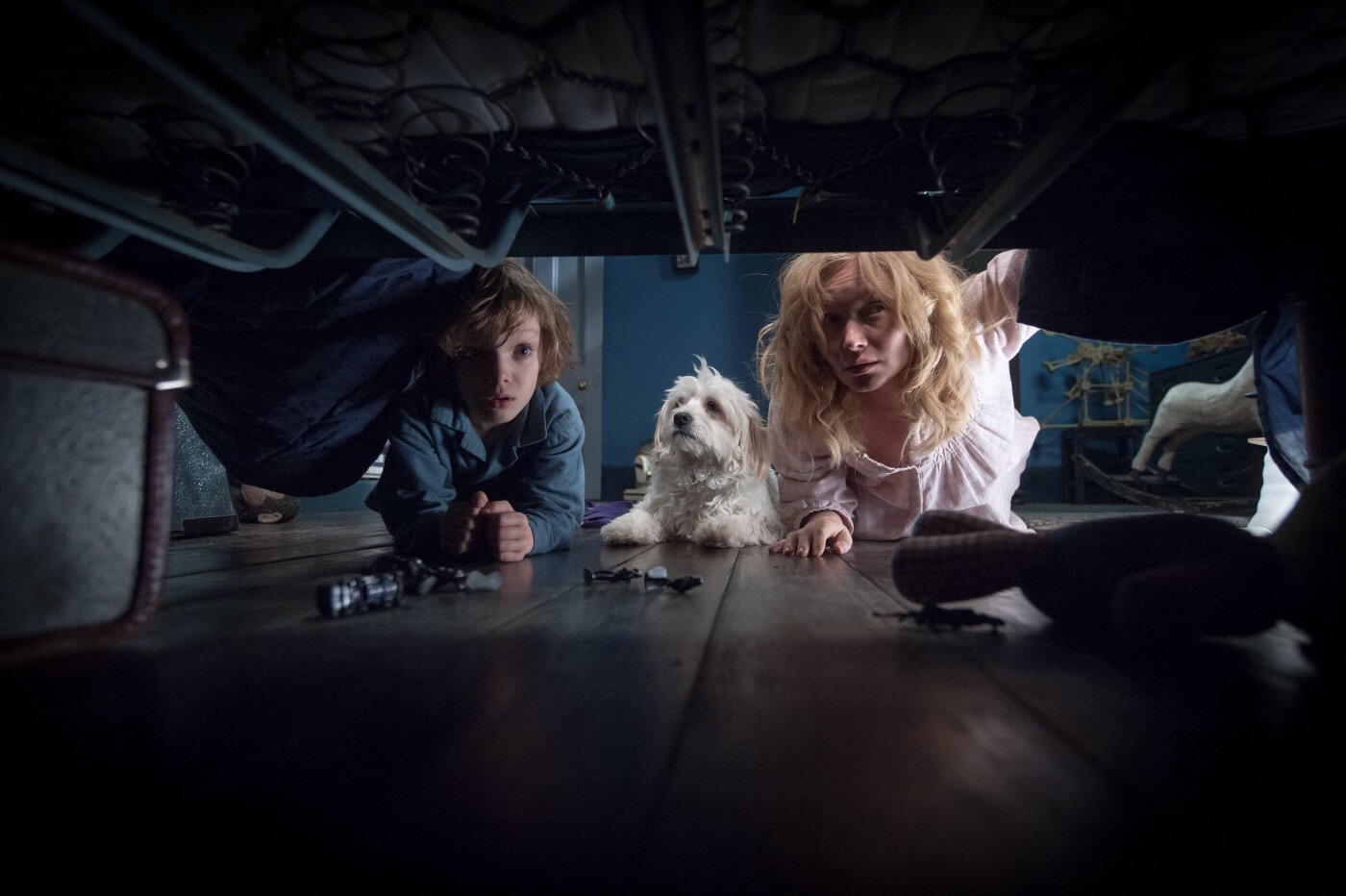
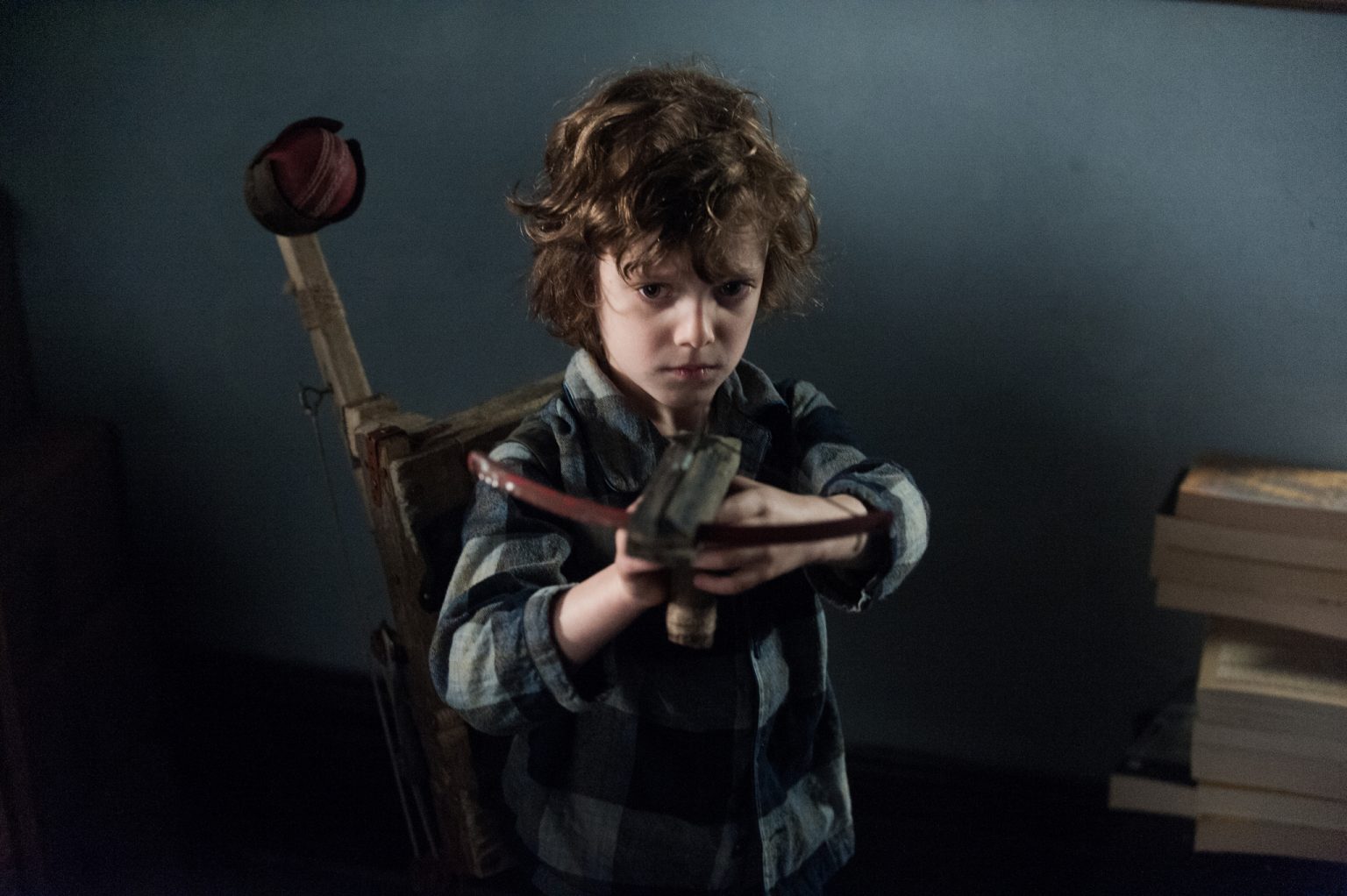
Well, perhaps things are changing in the masculine world of horror, with newly arrived directors writing from a distinctly female perspective. And in the process, creating original and terrifying stories.
But how to define feminist horror? Explained by horror film critic Kelly Gredner in a 2019 Seventh Row survey: “when a horror film doesn’t hesitate to show the fear that women experience on a daily basis, this is feminist horror … feminist horror shows the nuances of being a woman.”
“We live and breathe horror.”
Best exemplifying the recent influx of critically celebrated films is Jennifer Kent’s modern horror masterpiece and directorial feature debut, The Babadook (2014). Not only as a premier example of female filmmaking redefining horror but as one of this century’s best films.
The film follows the harrowing struggle and paranoia of Amelia (Essie Davis), a widowed mother dealing with her son’s (Noah Wiseman) fear of a children’s book monster called ‘Mister Babadook’ manifesting in their home.
“I grew up in an era where women weren’t really directing film,” Kent said in a 2020 masterclass for the New Zealand International Film Festival. “I didn’t even comprehend, as a child anyway, that women could direct films. I mean, I certainly didn’t think I could.”
The former actor turned director wouldn’t get her chance at a feature film until her mid-40s, adapting her 2005 short film Monster into an instant Australian classic. Kent credits watching director Lars Von Trier on the set of Dogville (2003) in helping her build self-belief–realising even revered directors were flawed humans.
The Babadook’s brilliance has been adoringly discussed and analysed since 2014. It’s beautifully shot with a minimalist but purposeful touch, filled with fascinating and frightening performances, held together with an emotional depth exploring mental health and grief.
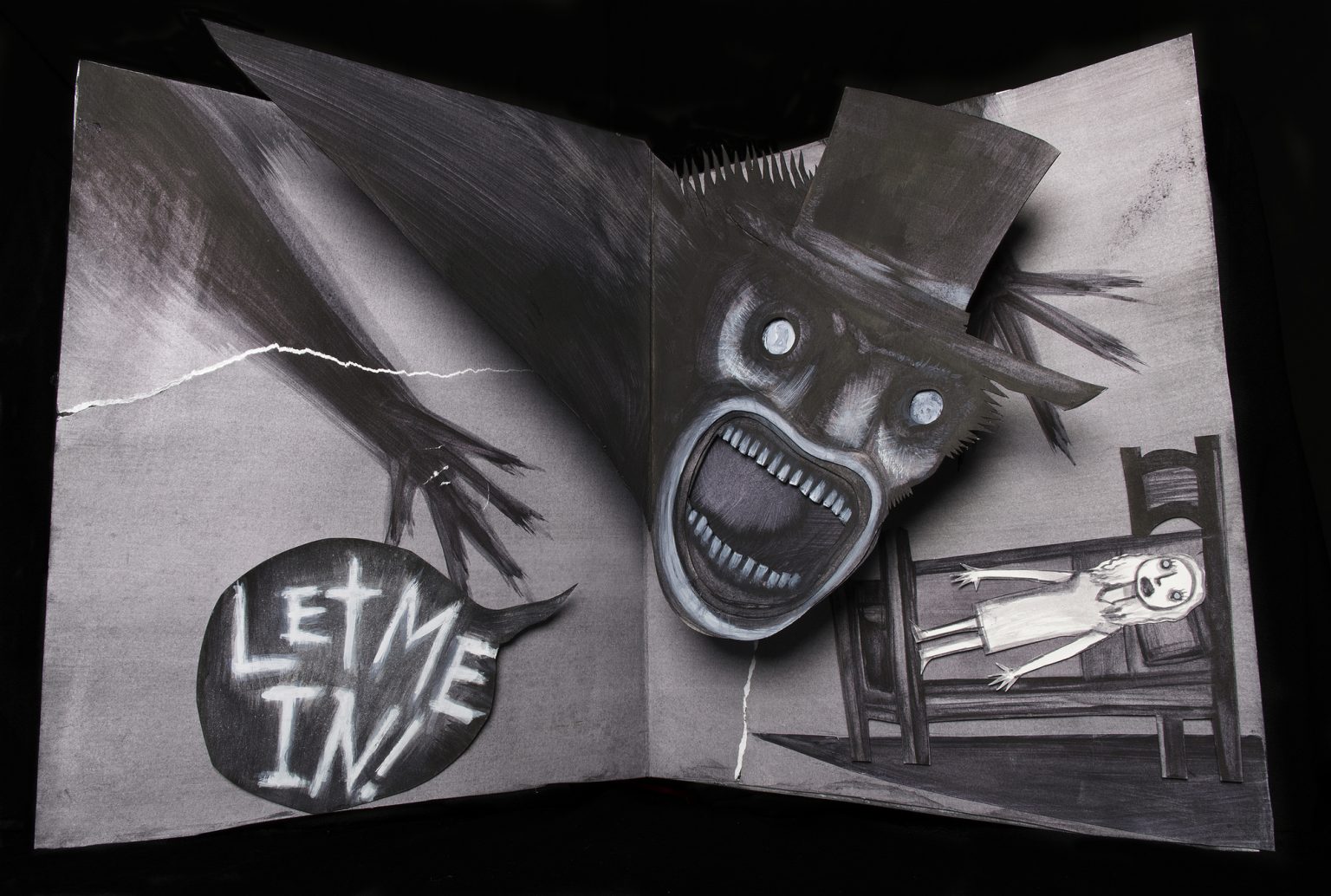
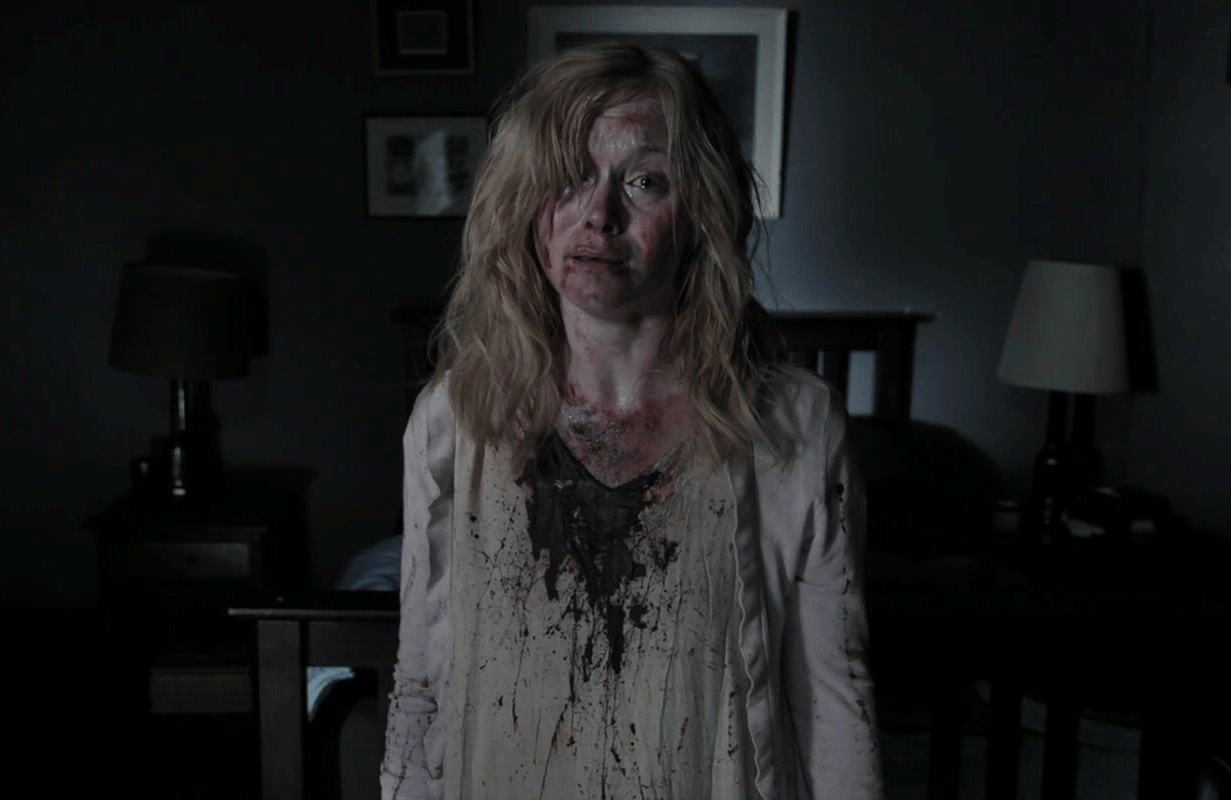
“With The Babadook, I was always quite fascinated by people who could suppress really dark, deep, painful experiences, and I wanted to explore the idea that perhaps pushing down on those terrible experiences is harder than facing them,” Kent told Vanity Fair in 2019, drawing from experiences of grief.
The film doesn’t rely on typical jump-scare tactics, CGI, or overbearing music. Instead, it creates fear through reality. Kent exposes us to growing anxiety, worsening like Amelia’s agonising toothache.
We feel tense and unnerved beyond the presence of a monster–becoming overwhelmed by the circumstances of loss, a working single mother, exterior judgement, sleeplessness, losing a grip on reality, and feeling ashamed of and disconnected from an out-of-control child.
“I wanted it to feel like a pair of hands gently placed on the audience’s neck, growing tighter and tighter and tighter until they felt they couldn’t breathe,” explained the Australian director on creating unease.
With its lifeless colour palette, the story illustrates a mother’s depression and self-hatred, compounded by the seemingly antagonistic figures in her life and the unexplained behaviour of her son. Eventually, she becomes the subject of danger–the monster in her own story.
The Babadook has received its well-deserved praise for setting a new benchmark in modern horror. But most exciting is that since the film’s release, several women have joined Kent with outstanding feature debuts in the genre.
Alice Howe’s Prevenge (2017) blends the typical revenge thriller with dark British humour in a story about a pregnant woman avenging her dead husband at the behest of their unborn child. Ana Lily Amirpour’s A Girl Walks Home Alone At Night (2014) is a beautiful and intriguingly strange love story between a young man and a vampire with a thirst for oppressive men. Julia Ducournau’s body-horror Raw (2016) shocked audiences with its graphic and physically disconcerting depiction of experimental cannibalism from a young veterinarian student. A film that was famously marketed as causing vomiting and even fainting during screenings.
Rose Glass’ Saint Maud (2019) is a disturbing portrait of loneliness, faith, and trauma in the story of a troubled hospice nurse’s obsession with saving her patient’s soul from eternal damnation. Coralie Fargeat’s Revenge (2017) unleashed an unbearably difficult but mesmerisingly entertaining revenge action thriller about a woman raped and left for dead in the desert, mercilessly hunting down her assailants. And finally, Australian director Natalie Erika James’ Relic (2020) uses the familiar haunted house story to creatively embody losing control and the horrors of dementia for both sufferers and loved ones.
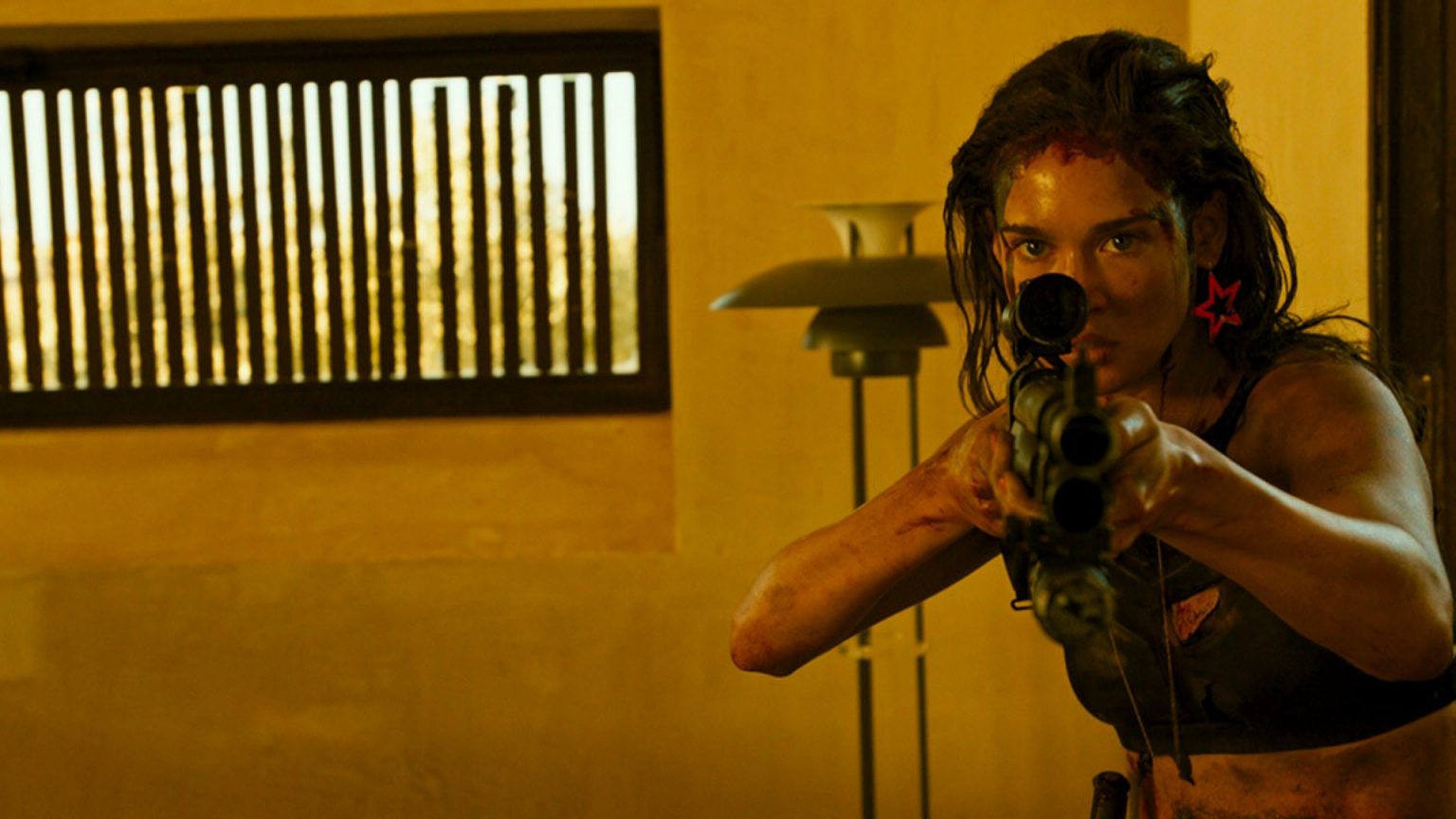
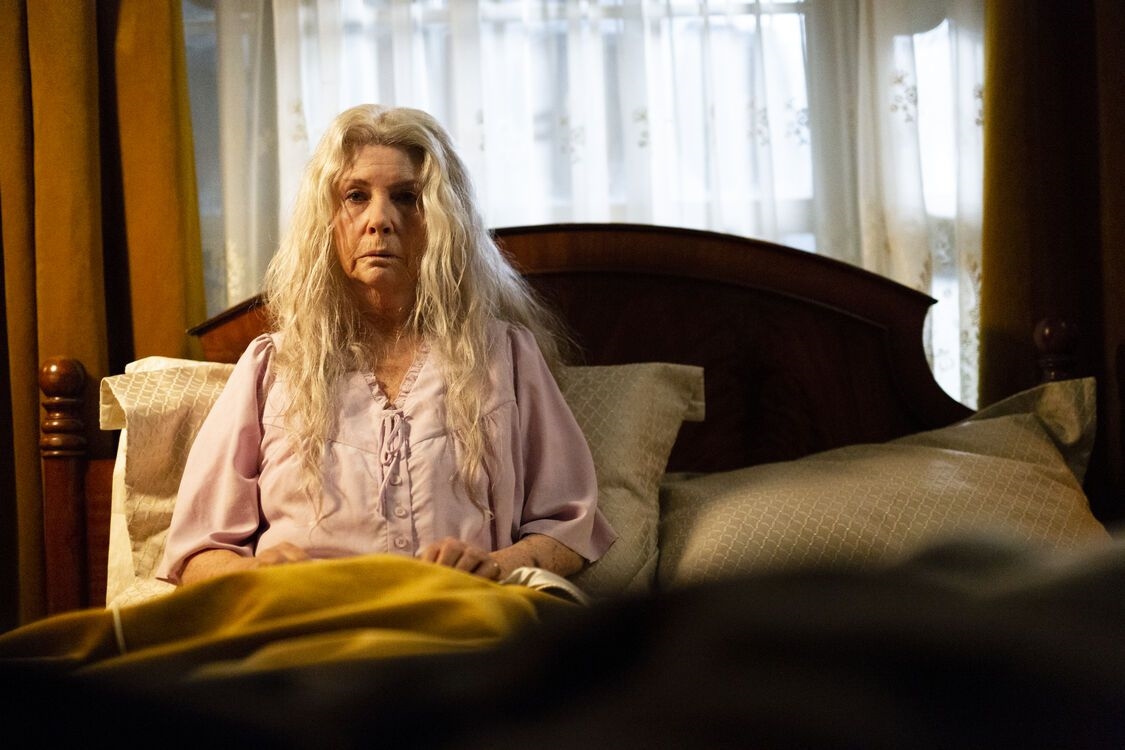
What do all of these feature debuts have in common, other than being made by women? Every story is told from the authentic perspective of female characters. They share narratives, fears, understandings, internal conflicts, and viewpoints that could only come from their creators. These films are original and subversive, humorous and violent, entertaining and provocative, gruesome and heartfelt. And yet, each has its own voice and purpose–just scratching the surface of possibility.
“When you make horror, it’s the expression of a form of violence that you feel inside of you,” French director Julia Ducournau told Rolling Stone in 2016. “And it’s important we recognise that women feel violence and anger as well.”
None of this is to say that women have only just recently started making excellent horror movies. Delve back into Amy Holden Jones’ The Slumberparty Massacre (1982) for an outrageous and entertaining teen slasher. Or Ida Lupino’s The Hitch-Hiker (1953) for a tense noir thriller about a self-aggrandising and sociopathic serial killer and his two hostages. Or Karyn Kusama’s underappreciated cult classic Jennifer’s Body (2009), starring the iconic Megan Fox as a demonic, man-eating succubus.
I’m not entirely sure what my purpose is here, except to gladly say that these films and their brilliant filmmakers exist. And that I hope to see a whole lot more from them and others.
“It’s only the start,” said Ducournau after the release of Raw. “I really hope nobody thinks this is just a trend or something. That would be horrible.”
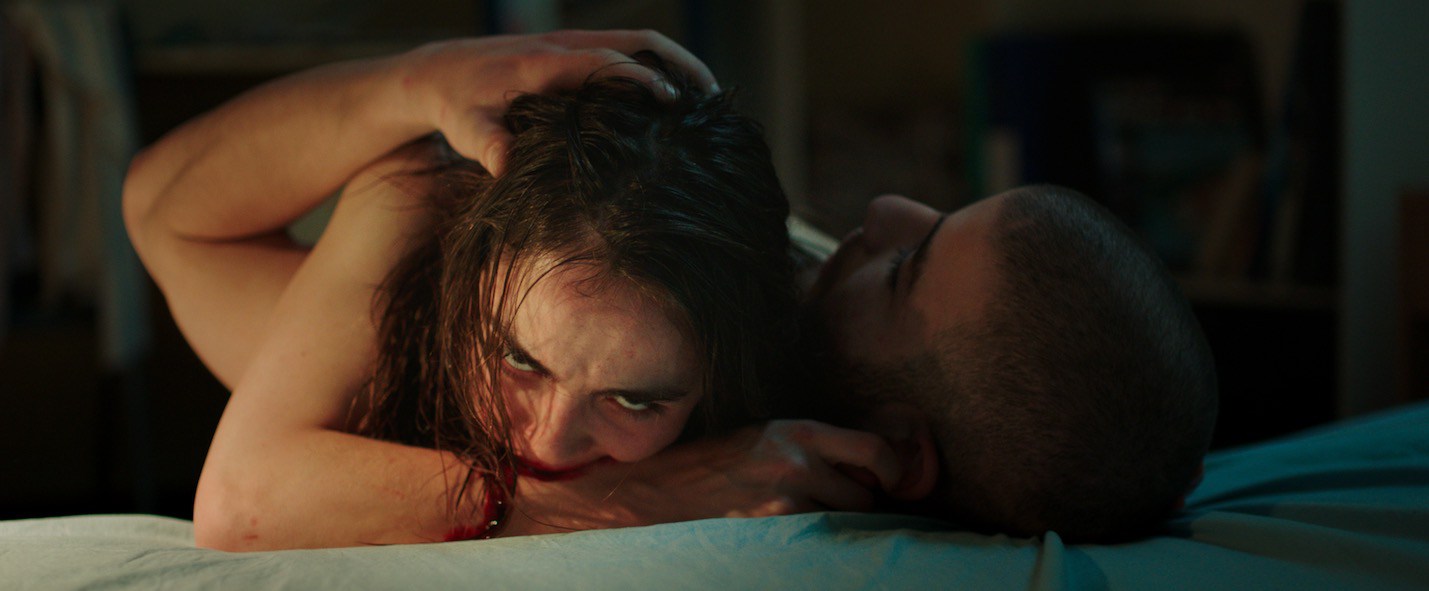
A fan of Horror Movies, Paul Thomas Anderson, The Washington Wizards, Plot Twists, Lakeith Stanfield & Pastrami Sandwiches